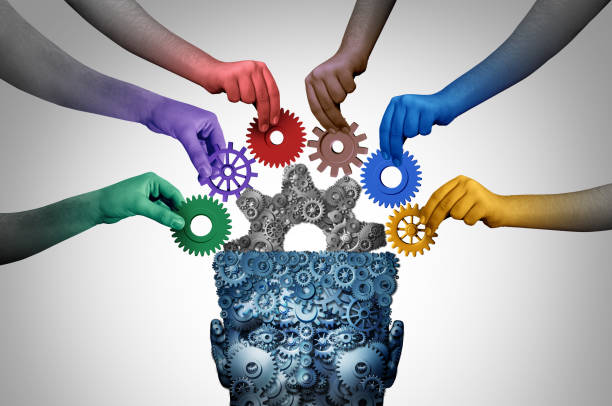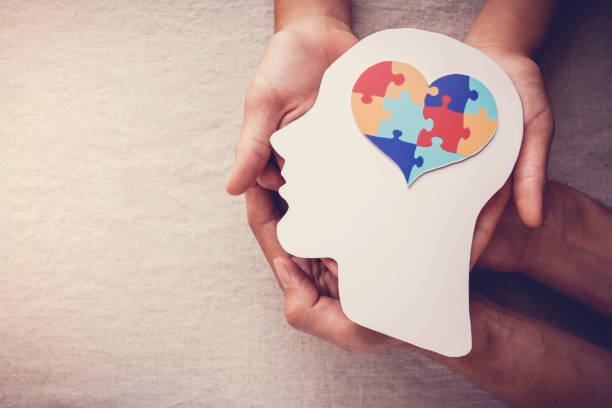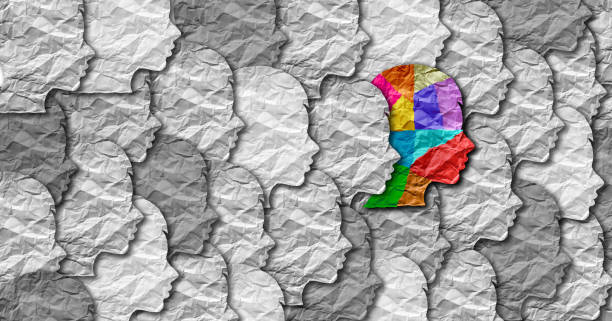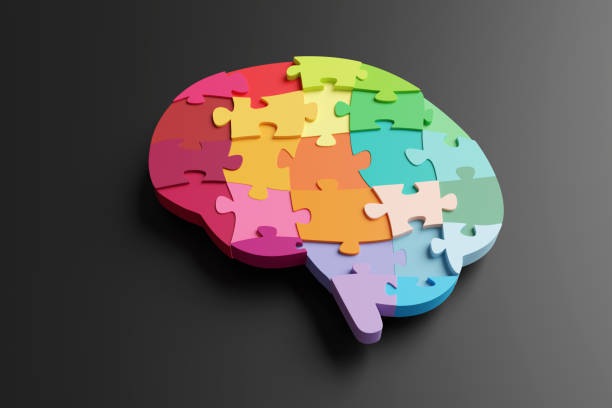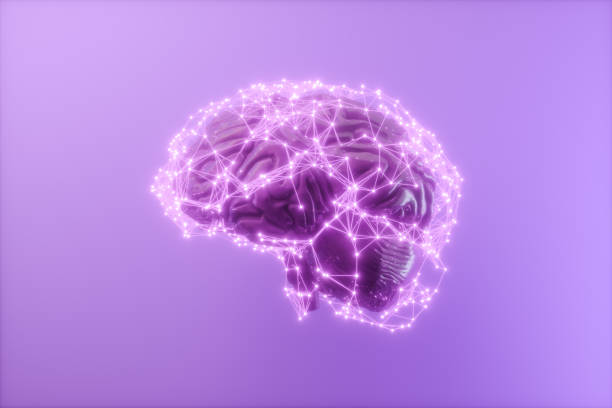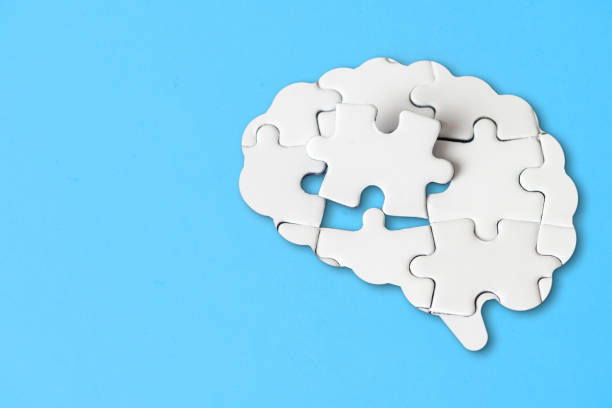Creating a neurodiversity-affirming support system is vital for neurodivergent individuals to thrive in environments that often fail to accommodate their unique needs. A neurodiversity-affirming support system not only recognizes but also values and celebrates neurodivergence. This approach fosters inclusion, respect, and understanding, rather than focusing on deficits or attempting to "normalize" neurodivergent traits. Building such a system involves creating relationships with people, communities, and resources that understand and embrace neurodivergence, offering the support and respect needed to promote emotional well-being and personal growth.
Read MoreNavigating Relationships as a Neurodivergent Individual
Navigating relationships can be challenging for anyone, but neurodivergent individuals often face additional obstacles due to differences in communication, sensory processing, and social interaction. Whether in romantic relationships, friendships, or family dynamics, understanding how neurodivergence affects your approach to relationships—and how to manage those dynamics effectively—can make a significant difference in building meaningful and supportive connections.
This article will explore strategies for neurodivergent individuals to navigate relationships in ways that prioritize self-awareness, healthy communication, and mutual understanding.
Read MoreNavigating Social Situations as a Neurodivergent Person
Social interactions can be complex and challenging for neurodivergent individuals, as many conditions like autism, ADHD, and social anxiety can affect how a person communicates, interprets social cues, and responds in social situations. Whether at school, work, or social gatherings, neurodivergent people often face challenges in understanding unspoken social norms, maintaining eye contact, or knowing how to manage sensory sensitivities.
This article will explore strategies for navigating social situations as a neurodivergent person, helping to reduce anxiety, build confidence, and foster positive interactions with others.
Read MoreParenting a Neurodivergent Child: Tips for Support and Understanding
Overview: Parenting a neurodivergent child presents unique challenges, but it also offers opportunities for growth, deeper understanding, and fostering a supportive environment. Neurodivergent children, including those with autism, ADHD, dyslexia, and other neurodiverse conditions, often experience the world differently, which can affect how they learn, interact with others, and process emotions. By understanding their specific needs and challenges, parents can provide the love, structure, and accommodations necessary to help their children thrive.
This article will explore how to better understand neurodivergent children and offer tips for creating an empathetic, supportive, and effective parenting approach.
Read MoreSensory Sensitivities and Neurodivergence: How to Cope with Overload
Sensory sensitivities are a common experience for many neurodivergent individuals, especially those with autism, ADHD, or sensory processing disorder. These sensitivities can manifest in various ways, such as heightened sensitivity to sounds, lights, textures, or smells, and can lead to sensory overload, which can cause significant distress. Understanding how sensory sensitivities work and developing coping strategies is essential for managing and reducing overload, allowing neurodivergent individuals to thrive in different environments.
This article explores sensory sensitivities, how they relate to neurodivergence, and practical strategies for coping with sensory overload.
Read MoreThe Emotional Toll of Neurodivergence: How to Manage Stress and Self-Doubt
Living as a neurodivergent individual—whether with ADHD, autism, dyslexia, or other neurodivergent conditions—can often come with emotional challenges that may not be immediately visible to others. These challenges, such as heightened stress, feelings of inadequacy, and self-doubt, can significantly impact emotional well-being. Navigating a world that may not be fully accommodating to neurodivergent traits can lead to feelings of frustration, isolation, or anxiety.
However, with the right coping strategies and support, neurodivergent individuals can manage these emotional tolls effectively. This article explores the emotional challenges neurodivergent individuals may face and offers practical strategies for managing stress and overcoming self-doubt.
Read MoreTime Management and Executive Functioning: Tips for Neurodivergent Individuals
Executive functioning skills are essential for organizing, planning, and managing time effectively. These skills are often impaired in neurodivergent individuals, especially those with ADHD, autism, or learning disabilities. Challenges such as difficulty prioritizing tasks, managing time effectively, and maintaining focus can impact daily life, work, and academic success.
However, with the right strategies and tools, neurodivergent individuals can develop ways to manage time and improve executive functioning.
This article will explore practical tips for overcoming common challenges related to time management and executive functioning, helping neurodivergent individuals to thrive in their personal and professional lives.
Read MoreUnderstanding Neurodivergence: What It Means and Why It Matters
Neurodivergence is a term that refers to the natural variations in the human brain and nervous system. It encompasses a range of neurological conditions, including autism, ADHD, dyslexia, dyspraxia, and others. These differences in brain function affect how individuals think, learn, and interact with the world. Understanding neurodivergence is essential for promoting inclusion, acceptance, and support for those who are neurodivergent.
This article will explain what neurodivergence is, the importance of understanding it, and why it matters in creating an inclusive and supportive society.
Read More
